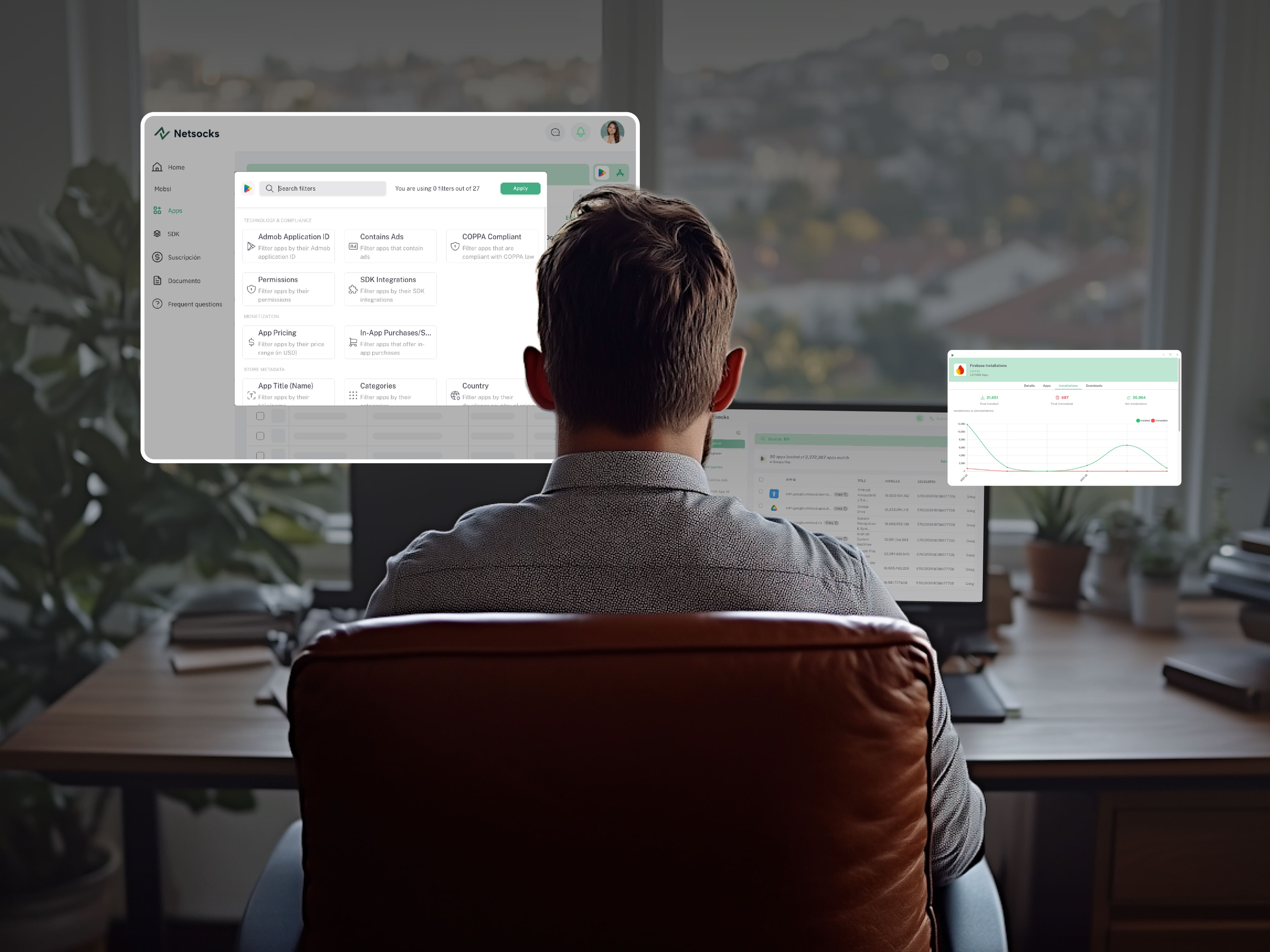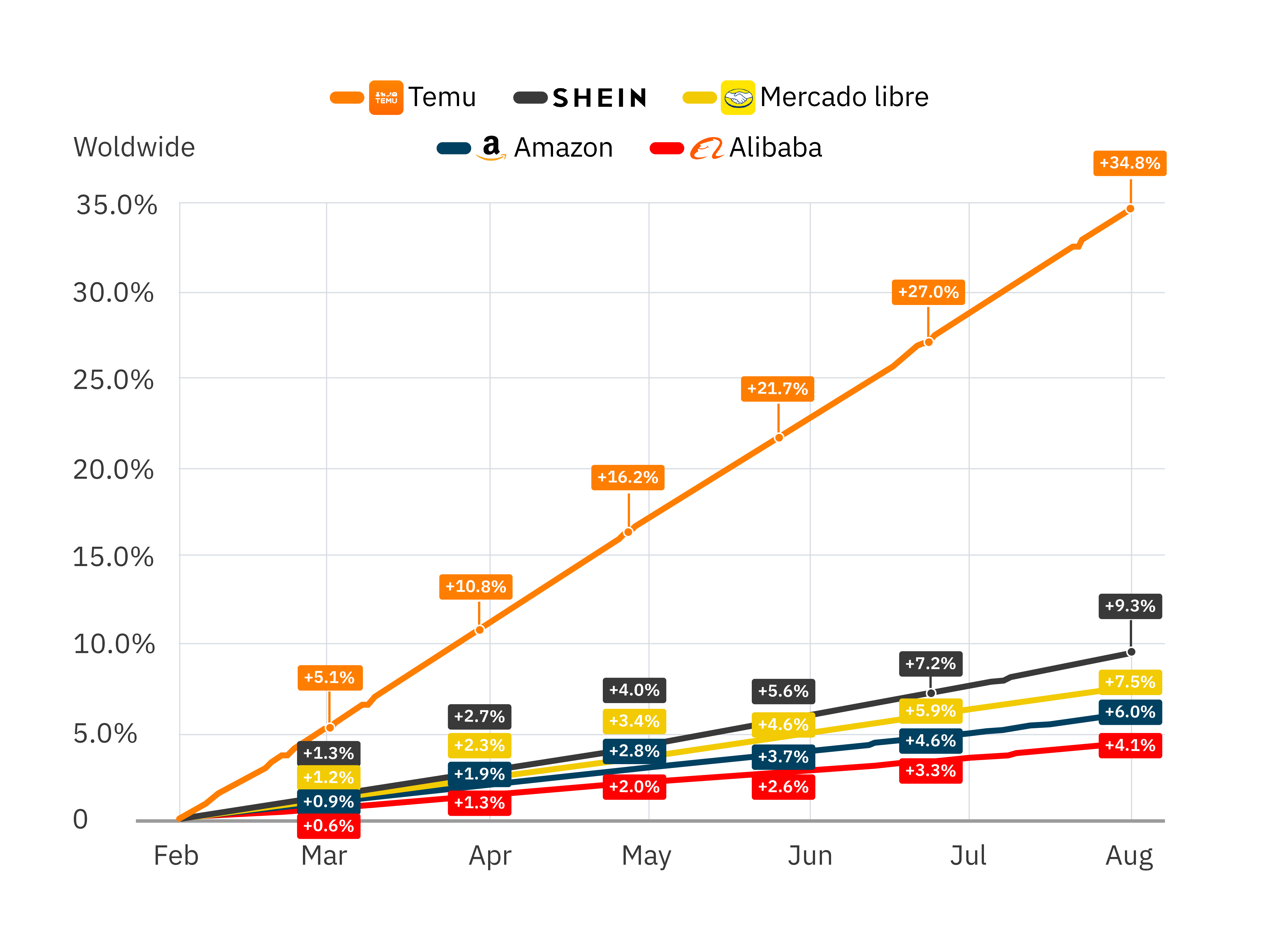
In today’s digital world, online privacy has become a critical concern. With increasing threats, from government surveillance to identity theft, Internet users need more protection for their online privacy than ever before. One solution to this problem is using a VPN, a tool that can help safeguard your online privacy and security. But what exactly is a VPN, how does it work, and who can benefit from it?
A VPN, or Virtual Private Network, is a tool that creates a secure and encrypted connection between your device and a remote server on the Internet. When you connect to a VPN server, your Internet traffic is routed through this secure, encrypted connection, which keeps your data private and safe from the prying eyes of third parties.
In addition to enhancing online privacy and security, a VPN can also be beneficial for those looking to access geographically restricted online content. By connecting to a VPN server in a specific country, users can simulate being located in that country and thus gain access to content that would otherwise be blocked.
Key Benefits of Using a VPN:
- Enhanced Privacy: VPNs keep your online activities private, preventing your ISP, hackers, or other entities from monitoring your data.
- Security Against Cyber Threats: By encrypting your data, VPNs provide an extra layer of security that helps protect against identity theft, hacking, and data breaches.
- Access to Geo-Restricted Content: VPNs allow you to bypass geographic restrictions by connecting to servers in different countries, opening up access to websites, streaming services, and content limited to specific regions.
Whether you’re an individual wanting to protect personal data, a remote worker securing sensitive company information, or a frequent traveler looking to access content freely, a VPN is an essential tool for safer, more private, and more flexible online browsing.





.png)

.png)

